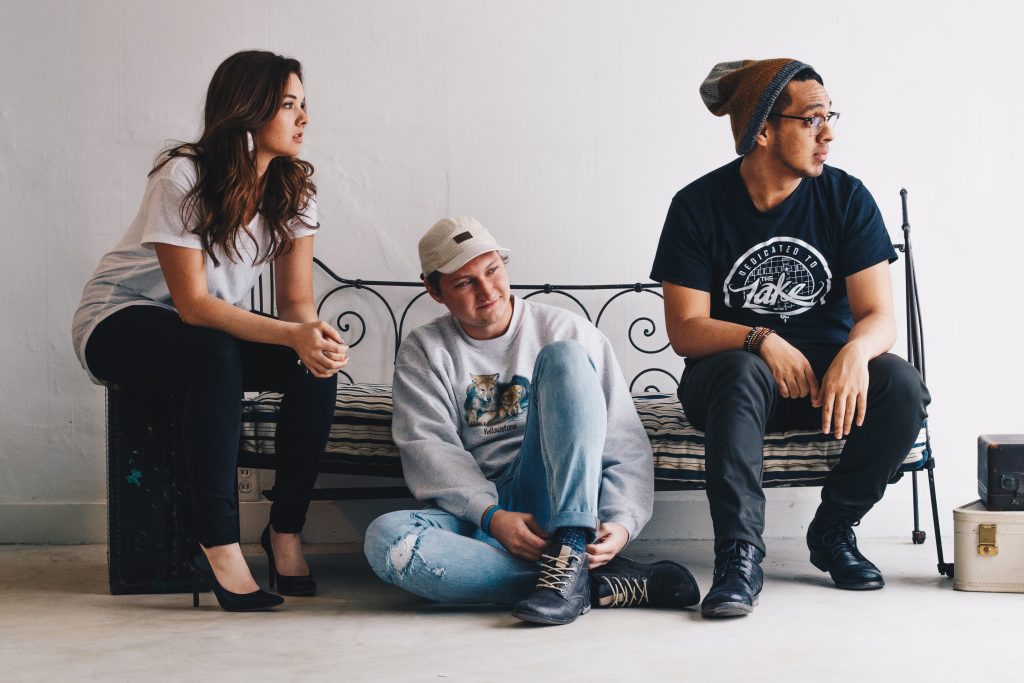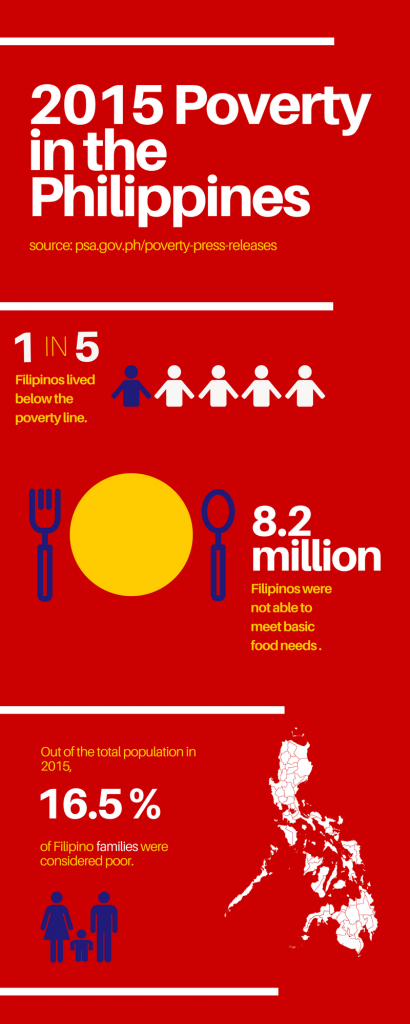
Robin Uata always wanted to do more when he walked the streets in the Philippines as a missionary. He passed by families living in makeshift shacks with tin roofs and saw children begging for food daily, but he had limited resources.
Now, with the help of his fellow returned missionary friends, he is making a difference.
Uata, a fashion designer from Orem, and his friends recently launched a humanitarian project called Project Kuya. The group provides money to fund people’s missions and buy hygiene kits, medicine and other items
A different type of vacation

Uata said the project started out as a fun vacation to return to visit his mission, but it evolved into a humanitarian project.
“I just felt really inspired to go back to the mission, and I didn’t want to be that person who went back and didn’t do anything to help the people that I visited,” Uata said.
Uata said he was inspired by a dream he had in which he had a list of people from his mission and a stack of cash in his hand.
“I just knew that I was supposed to do something more, and I was supposed to help these people — and they were waiting for me to do something more,” Uata said.
Uata gathered a group of about 15 returned missionaries and carried out a series of service projects all across the mission perimeters over two weeks last summer. They visited numerous cities in three different provinces: Cebu, Negros Oriental and Negros Occidental.
The word “kuya” means “older brother” in the Philippines and reflects Uata’s feelings of being like an older brother to the Filipinos and helping them like a family member would.
According to a press release written by the Philippine Statistic Authority, one in five Filipinos lived below the poverty line in 2015. The province of Negros Oriental, where the members of Project Kuya served, is among the poorest regions in the country.

Fashion with a purpose
As the team started fundraising, Uata came up with the idea to merge his already existing clothing brand with his humanitarian project. A portion of the sales from Uata’s clothing line funds Project Kuya.
“I was already doing it, and then it kind of just clicked to me that people should realize that there’s little things you can do every day to help other people,” Uata said. “Even though fashion was just a hobby that I do on the side, why shouldn’t it be benefiting other people or be inspiring other people to do more?”
Living among the dead
One of the areas the team has worked in is a Chinese cemetery located in the village of Mabolo in Cebu City. A community of people live in the cemetery among the gravestones and inside tombs.
Madelaine Littell, a Salt Lake Community College student from West Valley City, is one of the returned missionaries who served the people in the Cebu Chinese Cemetery.
“There are people there who don’t really have anywhere else to go, who are beyond poor and are living in there,” Littell said.
Littell said when she first came into the area, she was surprised people lived in the cemetery. She recalled showing it to another sister missionary she was on exchanges with.
“Something (the other sister missionary) said that stuck with me was that these people are alive, but they’re living among the dead,” Littell said. “You can see it reflected in their faces. You can see that the reality of their lives is death. There are people living on graves. That’s where they sleep. It was just heartbreaking.”
Littell said the hardest part of serving there was seeing the poverty in the community and not really being able to do much temporally for the people who lived there.
“There are these kids who are running around without clothes, without food, without anything, and you can just see the desperation in the faces of the parents because they can’t provide for their kids,” Littell said. “I had just never seen poverty like that. You see homeless people here (in Utah) sometimes, and you’re like, ‘Oh, that’s so sad,’ but I never realized the extent of human suffering until I entered the cemetery.”
[Best_Wordpress_Gallery id=”556″ gal_title=”Chinese Cemetery”]
This year, the team plans to focus all efforts on the Chinese cemetery, giving out food and hygiene kits, as well as partnering up with a local stake to feed the residents.
The future of Project Kuya
Uata said he hopes the project can eventually expand to include building schools and public restrooms, providing job training and teaching people how to serve and become self-reliant.
“We’re trying to get to the point where we can do more long-term projects so they can continuously see the benefits from Project Kuya,” Uata said.
Other ways to give back at BYU
There are many other ways BYU students can use their skills to serve as well.
The Marriott School recently reported its Oxford Seminar Program will take its students to India to use their business skills to help local farmers learn about the profitability of growing millet crops.
The Ballard Center for Economic Self-Reliance at BYU also provides students of all majors with opportunities to get involved in social innovation projects and other humanitarian efforts, many of which are abroad like Project Kuya.
One of the programs the Ballard Center provides is called the Y-Prize Challenge, in which students compete to come up with various solutions to alleviate poverty. The Ballard Center recently announced the winners of the Y-Prize Newborn Challenge, which presented a business plan to improve and market a low-cost ventilator for infants in Cambodia.
Additionally, any BYU students who want to get involved in or donate to Project Kuya can visit the project’s Facebook page or website.
Regardless of what kind of service someone does, team member and UVU student Dylan Staheli said the rewards are valuable.
“It’s interesting how when you put forth the effort to help others, consequently you feel like you’re being helped in return,” Staheli said. “A really cool product of service is that you feel good because you see people’s lives improving and their circumstances getting better, and that makes you just feel really good that you can be a part of that — just improving their day or their situation. It’s an awesome feeling.”




